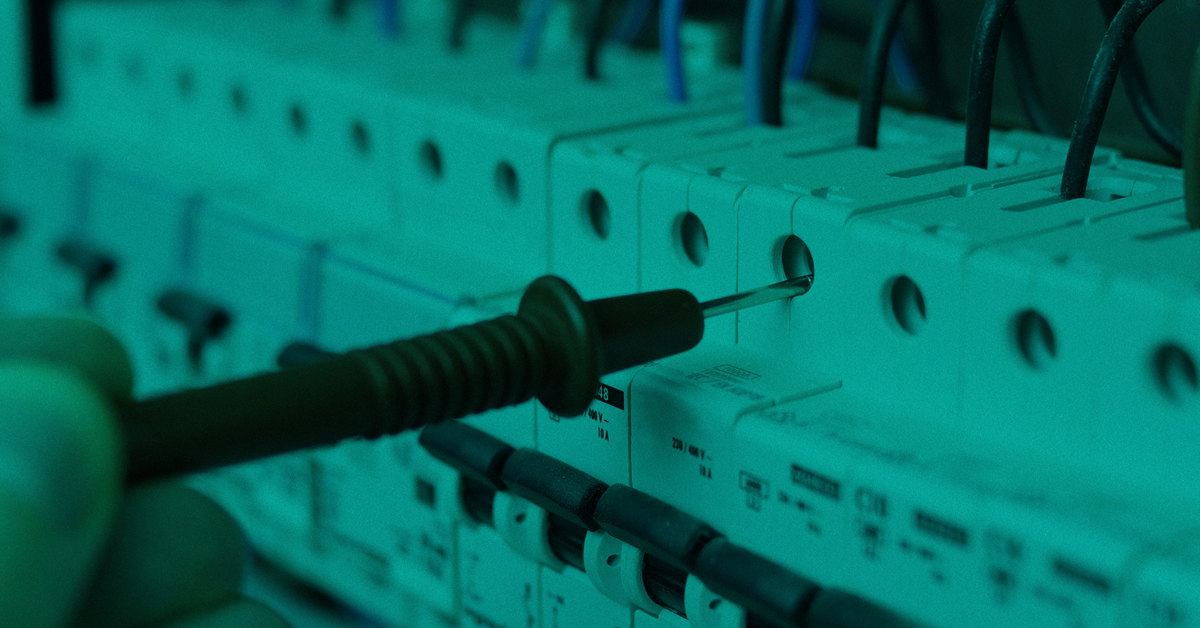Markd
Full Member
- Posts
- 717
- Likes
- 440
I'll probably be trolled for saying so but if you have to ask the question you shouldn't be doing the job.Hi
A bit off topic but can someone help?
I am trying to install a fan in a bathroom connecting directly to the ceiling rose so that the light and fan operate together.
The fan has Live, Neutral and switched live.
I have connected the live and neutral wires but the fan does not operate.
I am wondering whether I need to join another cable to the live wire and connect to the switched terminal?
Otherwise the fan is faulty.
I would really appreciate a technical response.
Thanks
Alshymer
Colin could well be right if any of the circuit is close to shower or bath.

What is notifiable work? | Your Questions Answered | Electrical Safety First
What is notifiable work? Find out from our team of experts on Your Questions Answered by Electrical Safety First.

